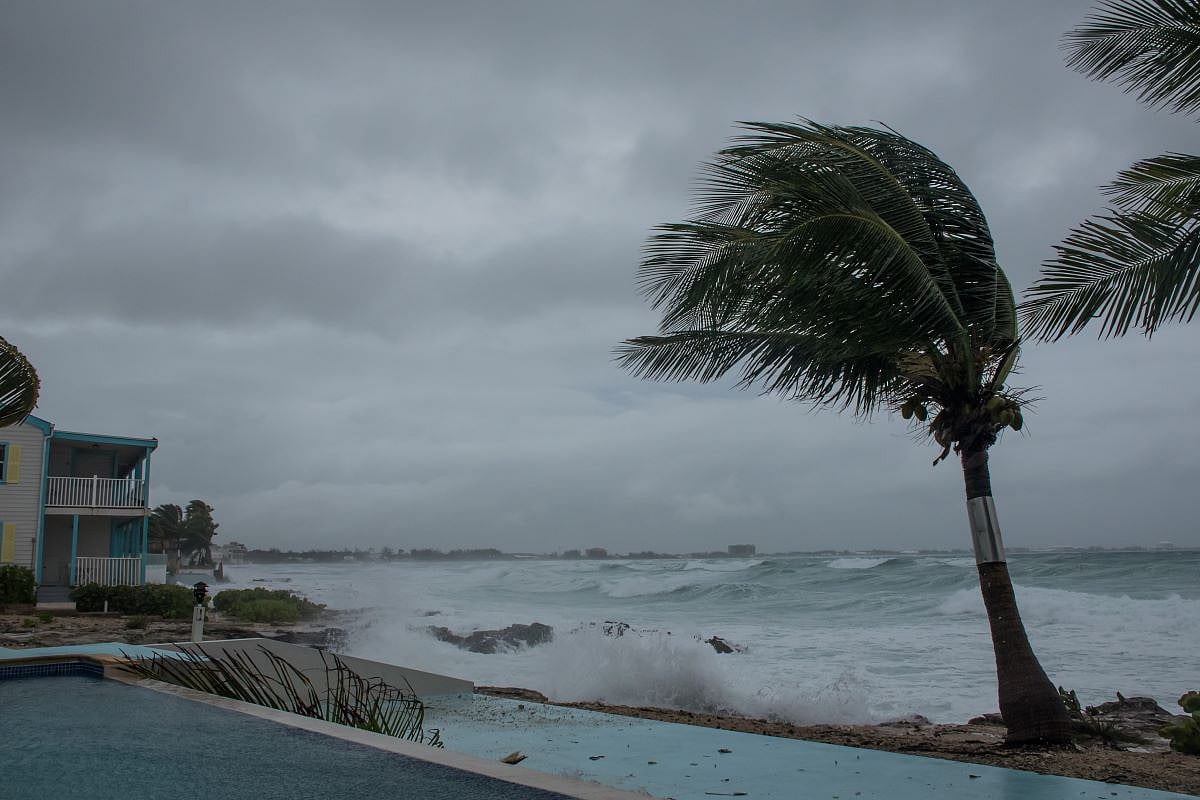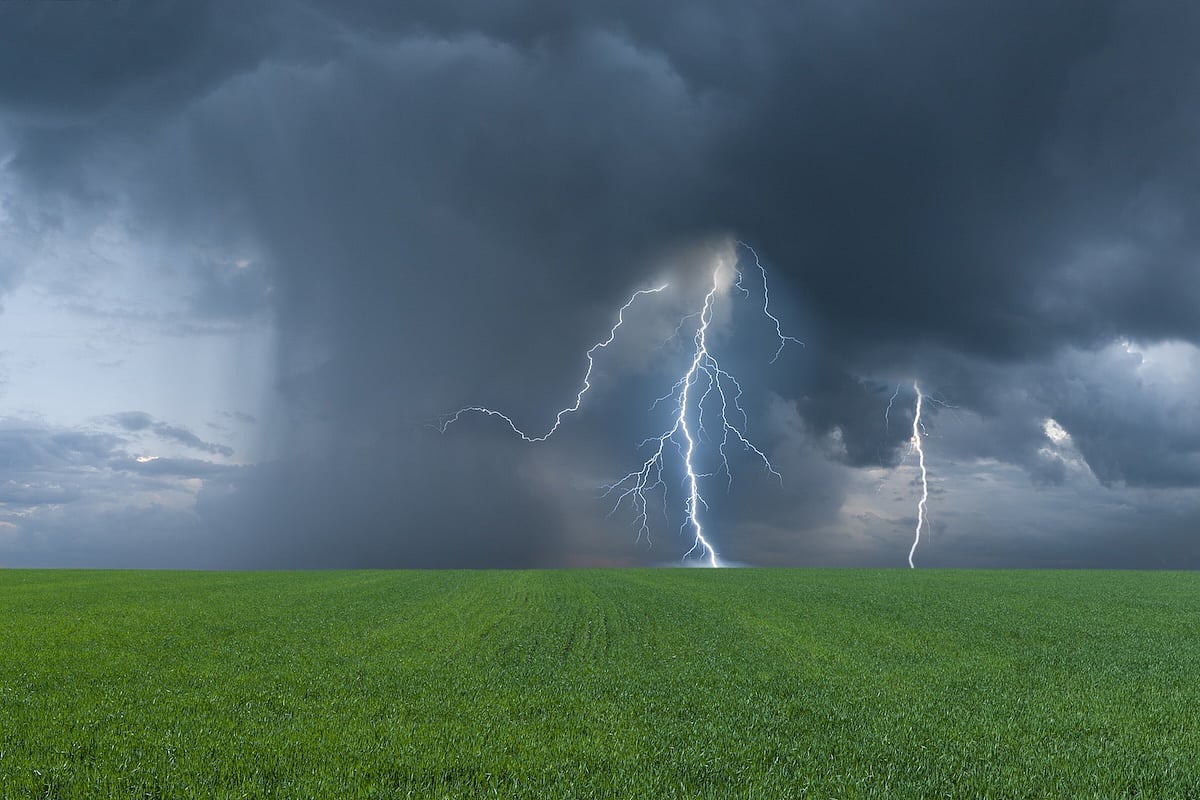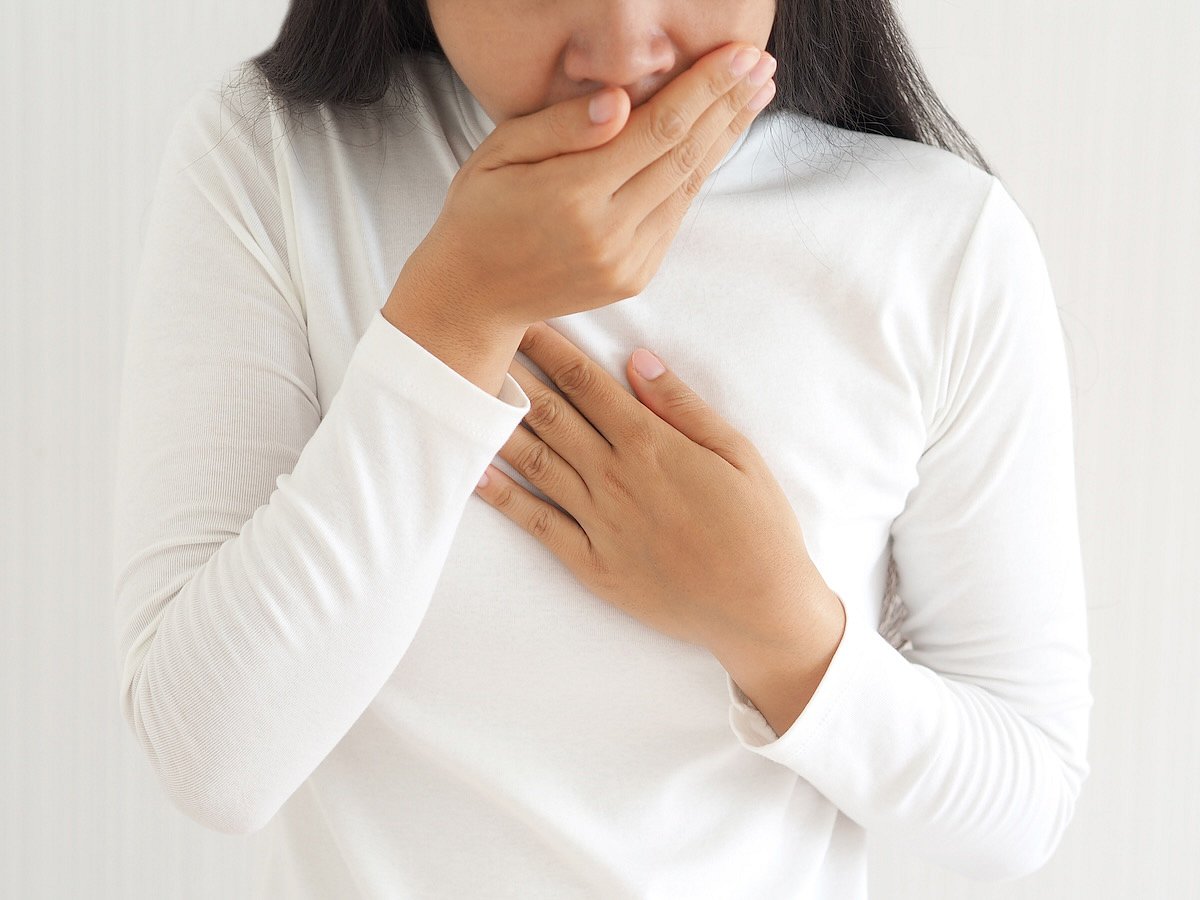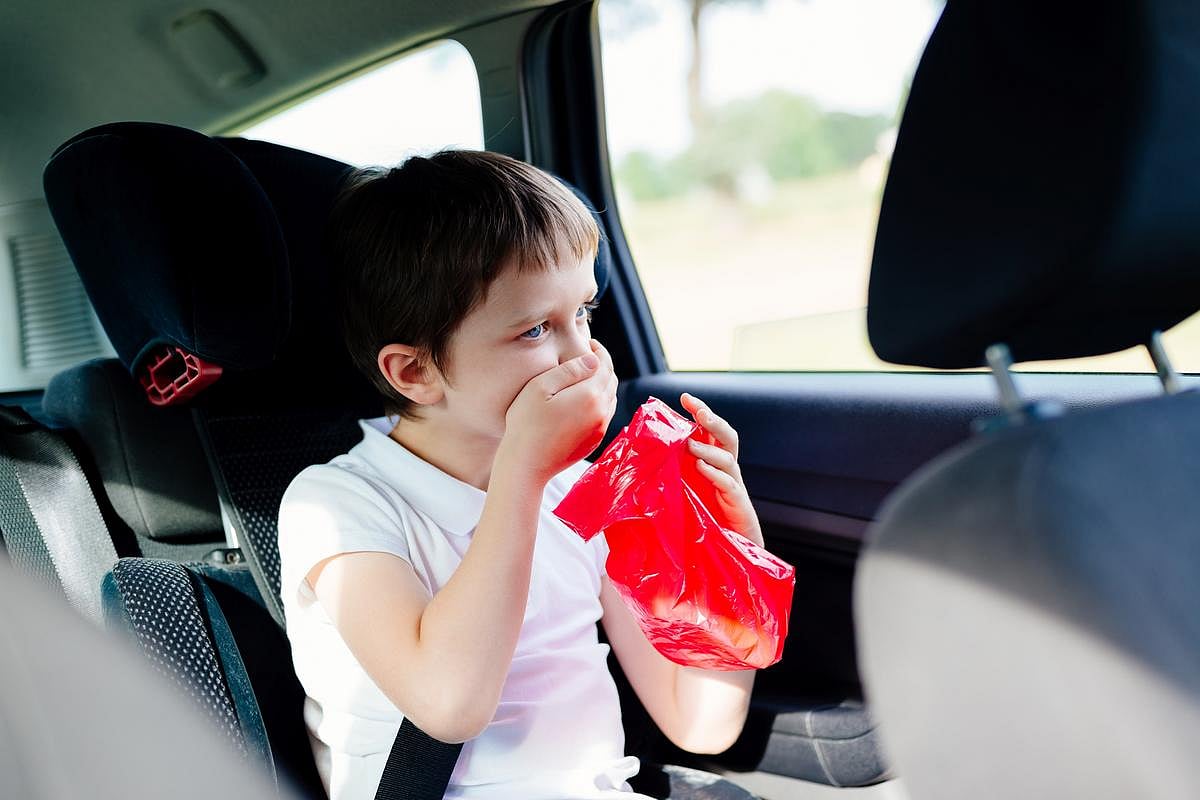
A new Commonwealth Fund report offers the first state-by-state ranking of how vulnerable individual health and health care systems are to climate risks. The report analyzed all 50 states and Washington, D.C., looking at factors like extreme heat, flooding and air quality, as well as policies to combat these threats. Vermont was ranked the best… read on > read on >


































